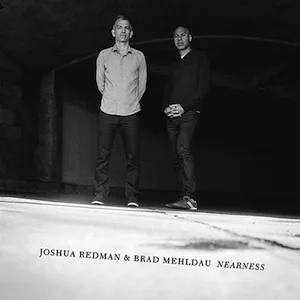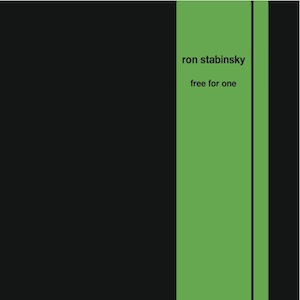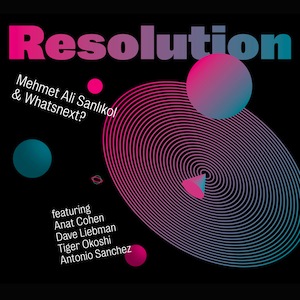Kris Davis: piano; Bill Frisell: guitar; Julian Lage: guitar; Tim Berne: alto saxophone; Don Byron: clarinet; Craig Taborn: piano; Angelica Sanchez: piano; Billy Drummond: drums; Marcus Gilmore: drums.
Kris Davis is a forward-thinker Canadian pianist and composer who has combined innovation and sophistication in the modern music universe. Displaying an uncompromising style and unique musical trademarks, Davis is a confessed adept of exquisite linear notes in detriment of traditional chords.
Her new album, Duopoly, is a fantastic follow-up to the well-accepted Save Your Breath, gathering eight irreverent improvisers – guitarists Bill Frisell and Julian Lage, pianists Craig Taborn and Angelica Sanchez, drummers Billy Drummond and Marcus Gilmore, and reedists Tim Berne and Don Byron - with whom she plays two duets each. The tracks' alignment obeys to some rules, in a sort of mirror distribution. The first eight pieces are written material while the last eight, adopting the names of the guest musicians as titles, are totally improvised.
The guitarists are responsible for the most enjoyable pieces. In “Prairie Eyes”, the unmatchable Bill Frisell knocks us out with his typical folk-jazz approach. His alluring sound comes from the eccentricity of the chords and the incredible choice of notes. Davis’ flowing left-hand ostinato is an essential key for this cinematic merge of mystery and beauty. And what a dark lyricism they create!
Collaborating with the pianist for the very first time, Julian Lage excels in a different way, playing his acoustic 1939 Martin in “Surf Curl”. He does it with mastery and intelligence, taking advantage of Davis’ rhythmic stimulus.
Two pianos being played simultaneously can be weird and we have that sensation from time to time when listening to the creative soundscapes of the nebulous “Fox Fire”, which makes us ask the question: are Davis and Taborn twin pianists? Not really, but their lines of vision are full of intersections. “Beneath the Leaves”, composed and co-performed by Angelica Sanchez, compresses classical, avant-garde, and flamenco sketches into the same recipient.
Now, the drummers! Billy Drummond is featured in “Eronel”, a cool piece that Monk co-wrote. Responsive and classy, Drummond manages to find the best way to accompany Davis’ textural rambles.
Eric McPherson’s skittish drumming creates unrestrained steam in “Dig & Dump”.
Pushing the limits of compulsiveness, “Trip Dance for Tim” invites the irreverence of Tim Berne, who neither curbs nor shies away when manipulating extended techniques to thrill. The almost unrecognizable rendition of Duke Ellington’s “Prelude to a Kiss”, apart from some dispersion, infuses an attractive romanticism.
From the improvised pieces, which still follow a logic structure, I was particularly impressed with “Tim Berne” and “Julian Lage”.
The 16 tracks of Duopoly, probing action-reaction reflexes, certificate Kris Davis as one of the most brilliant pianists around. Due to an elastic approach, her textural densities enlarge and shrink in favor of the circumstances. We’re before a charming, present-day jazz of elevated artistry.
Grade A
Favorite Tracks:
01 – Prairie Eyes ► 02 – Surf Curl ► 05 – Eronel








































